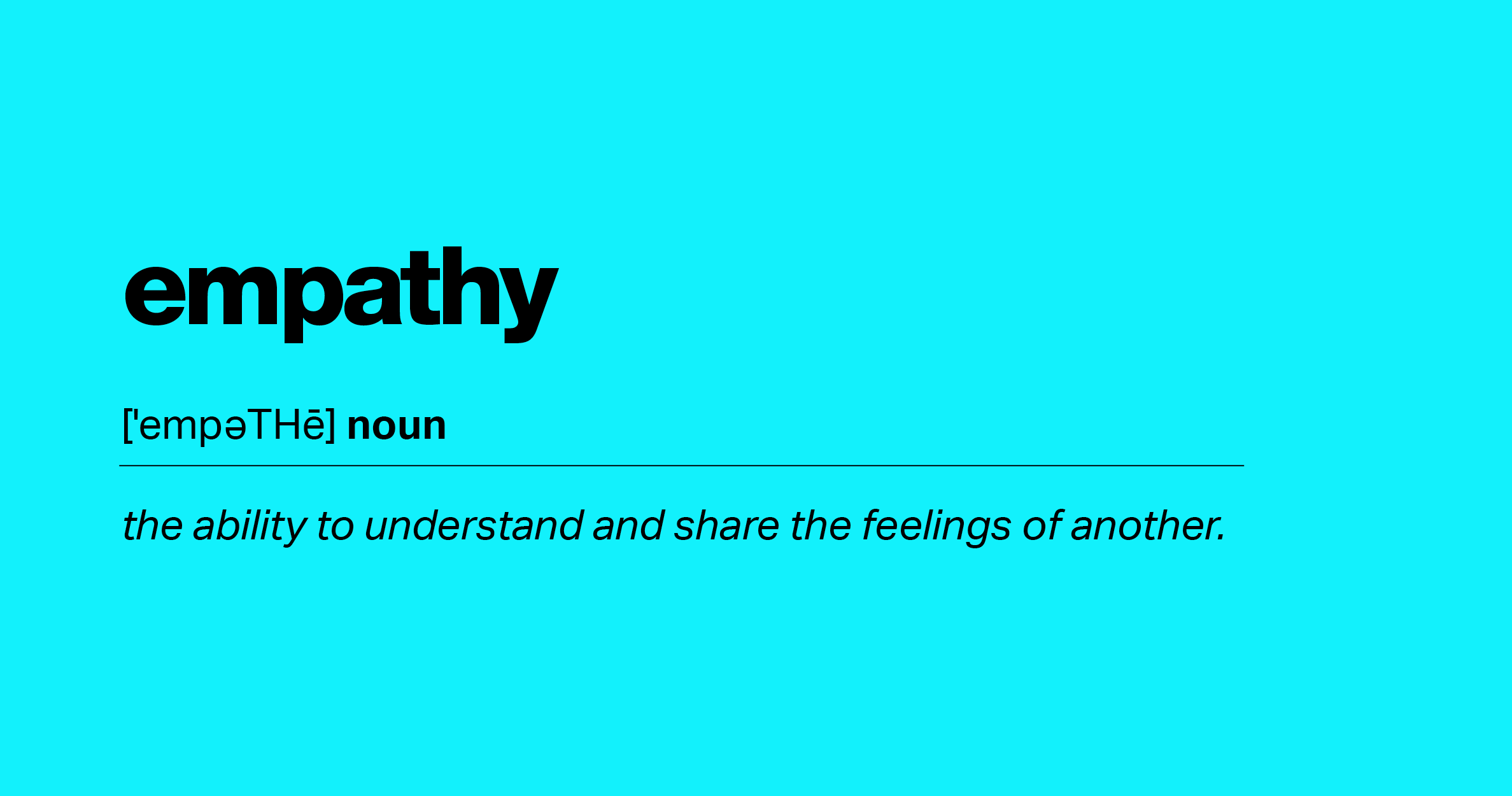On Empathy
And why we cultivate it at Turing.

Some people don’t care a whole lot—or at all—about other people. Others care deeply. Those are our people.
Turing predisposes students to practicing empathy.
Our entire technical curriculum is based on project-based learning. This gives our students ample opportunities to practice empathy by working in teams on paired and group projects throughout the duration of the seven-month program. There’s always a problem to solve, an element of sustained inquiry, the freedom to express ideas, a reflection stage for critique and revision, and an opportunity to share learnings with a broader audience.
Want to see Turing's empathetic curriculum in action? Register to attend a Try Coding workshop.
Then, to mimic how modern software developers often work, Back End and Front End students combine pre-graduation on a capstone project like building an app. As Turing Director of Employment Sal Espinosa says, “That’s when a lot of lightbulbs turn on. Students become acutely aware of the importance of documentation.” Recent Turing grad Richard Tyler said of his experience, “I saw how my team took each other into account—documentation, teaching new techs, allowing personal space—while still working exceptionally hard. I want to continue to follow that balance of work ethic and empathy.”
Not only does Turing’s curriculum cement the value of empathy and the importance of caring for others, but it fuels a continued desire in our students to work together to overcome obstacles once they leave our doors. Because, as Sal adds, “A piece of software development that feels hidden is that it’s not enough just to code. You have to get into the problem space and figure out what needs to be solved.”
Turing students are adept problem solvers who engage empathy to be better people and better developers.
As recent Turing grad Kristen Bair says, “I want to continue solving problems and helping people. Software is extremely powerful, and to have the ability to create something that can make someone's life easier is truly humbling.” Recent Turing grad Katie B. continues, “I want to be a developer who keeps others' experience in mind, and while that means the experience of the end users, it also means the experience of the people on my team and the people—including my future self—who will be looking at my code later.”
There are a million different ways to solve some code to meet the problem specs and make something that works. What sets a Turing grad apart is that they find a way that will make it easier for others to understand and update said code. That’s what Turing grads bring to your software development team. A willingness to go there. And this cultivation of empathy creates yet another reason why they are particularly worthy of your hire.

